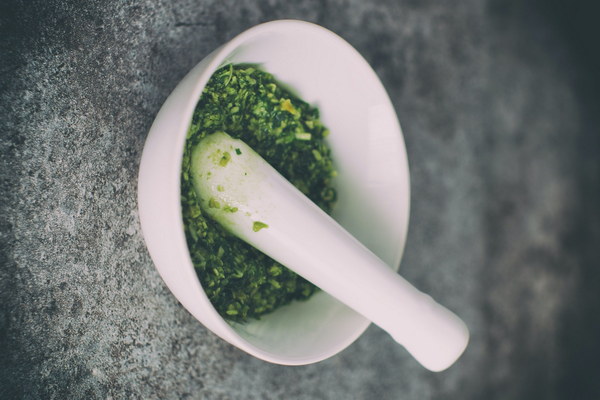Banish Acne and Unveil a Radiant Complexion A Comprehensive Guide to Acne Removal and Beauty Care
In today's fast-paced world, maintaining a clear and radiant complexion can be a challenging task. Acne, a common skin condition, can leave us feeling self-conscious and searching for effective solutions. However, with the right combination of treatments and skincare routines, it's possible to achieve a flawless complexion. This article delves into the art of acne removal and beauty care, offering practical tips and techniques to help you achieve a clear and glowing skin.
Understanding Acne
Acne is a dermatological condition that occurs when hair follicles become clogged with dead skin cells and oil. This can lead to various types of acne, including blackheads, whiteheads, papules, pustules, nodules, and cysts. While it's most common among teenagers, acne can affect people of all ages. Factors such as genetics, hormones, stress, and diet can contribute to the development of acne.
1. Gentle Cleansing
The first step in acne removal and beauty care is to establish a gentle cleansing routine. Use a mild, water-soluble cleanser to remove excess oil, dirt, and impurities from the skin without stripping its natural oils. Gently massage the cleanser into your skin using circular motions, then rinse thoroughly with lukewarm water. Avoid using harsh scrubs or alcohol-based products, as these can irritate the skin and exacerbate acne.
2. Exfoliation
Exfoliation helps remove dead skin cells that can clog pores and lead to acne. Use a gentle, chemical exfoliant containing beta-hydroxy acids (BHAs) or alpha-hydroxy acids (AHAs) once or twice a week. BHAs, such as salicylic acid, are oil-soluble and can penetrate deep into pores to dissolve acne-causing buildup. AHAs, like glycolic acid, work by loosening the bonds between dead skin cells, making them easier to remove.
3. Treatments
Several over-the-counter and prescription treatments can help in the battle against acne. Here are some popular options:
- Topical Retinoids: These derivatives of vitamin A can accelerate cell turnover, unclog pores, and reduce inflammation. Start with a lower concentration and gradually increase as your skin becomes accustomed to the product.
- Benzoyl Peroxide: This antiseptic agent helps to kill bacteria and reduce inflammation. It can be found in various strengths and formulations, including gels, creams, and washes.
- Clindamycin and Erythromycin: These antibiotics are often prescribed for moderate to severe acne. They work by reducing the number of acne-causing bacteria and decreasing inflammation.
- Spironolactone: This medication can be effective for hormonal acne, particularly in women. It helps to block the effects of androgens, hormones that can contribute to acne.
4. Lifestyle Changes
Adopting a healthy lifestyle can significantly impact your skin's health. Here are some tips to consider:
- Drink plenty of water: Staying hydrated helps maintain healthy skin and aids in the elimination of toxins.

- Eat a balanced diet: A diet rich in fruits, vegetables, whole grains, and lean proteins can support skin health. Avoid excessive sugar, dairy, and processed foods, which can exacerbate acne.
- Get enough sleep: Lack of sleep can lead to increased stress hormones, which can contribute to acne.
- Exercise regularly: Physical activity promotes blood flow and helps to reduce stress, both of which can benefit your skin.
- Limit sun exposure: Overexposure to the sun can cause hyperpigmentation and may worsen acne.
5. Skincare Routine
Developing a consistent skincare routine is essential for maintaining a clear complexion. Here's a suggested routine:
- Morning:
- Cleanse with a gentle, water-soluble cleanser.
- Apply a lightweight, non-comedogenic moisturizer.
- Apply sunscreen with at least SPF 30.
- Evening:
- Cleanse with a gentle, water-soluble cleanser.
- Apply a treatment product, such as a topical retinoid or benzoyl peroxide.
- Apply a moisturizer, if necessary.
Conclusion
Achieving a clear and radiant complexion is possible with the right combination of treatments, skincare routines, and lifestyle changes. By understanding the causes of acne and adopting a proactive approach to skincare, you can banish acne and unveil a flawless complexion. Remember to consult with a dermatologist if your acne persists or worsens, as they can provide personalized advice and treatment options.









